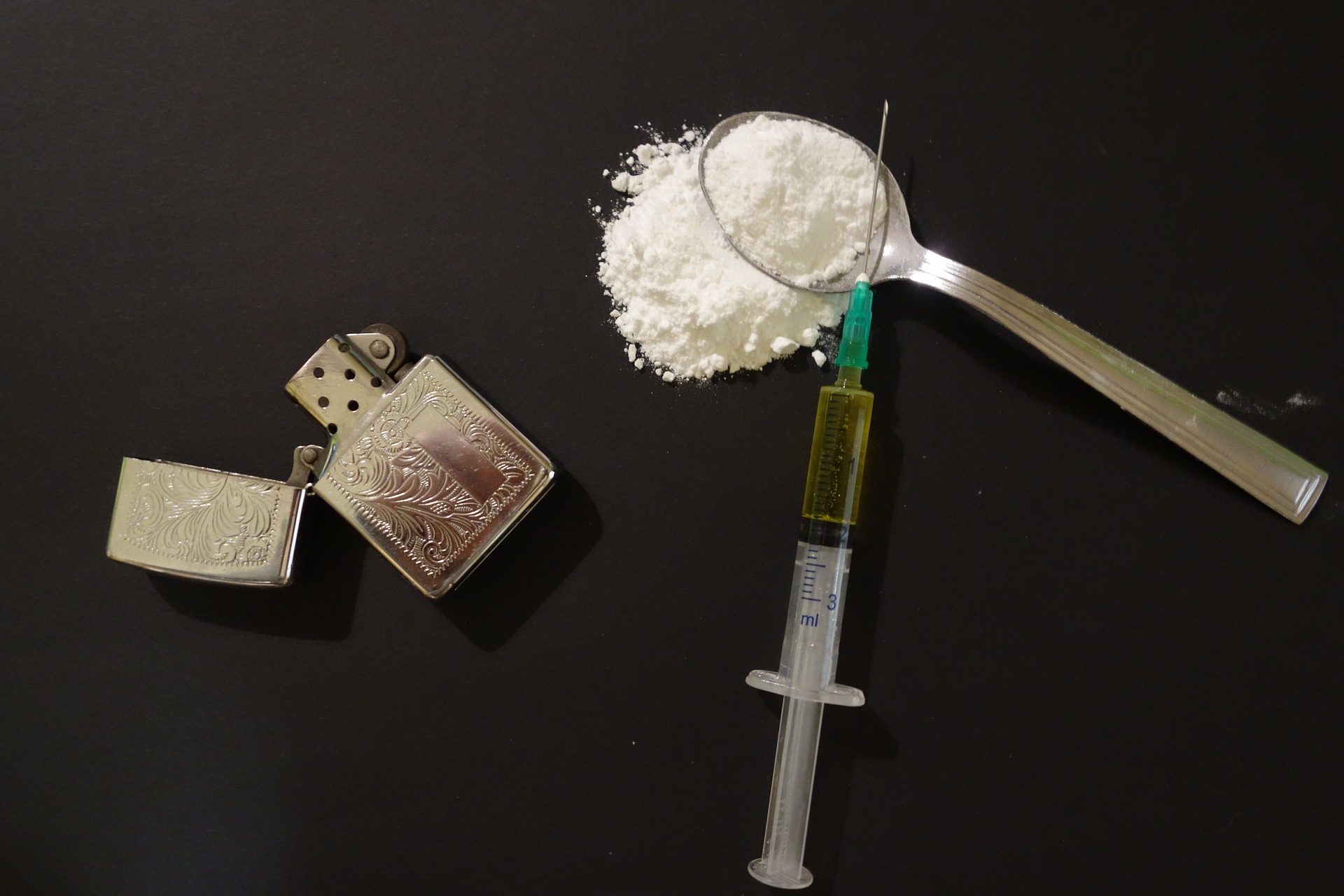What are the Treatments for Addiction?What are the Treatments for Addiction?

Habit-forming messes are a gathering of problems that can cause physical and mental harm. Getting treatment is fundamental for breaking the pattern of enslavement.
Be that as it may, as an ongoing illness, compulsion is challenging to treat and expects on-going consideration.
In the United States, around 8.1 percent of the populace, or 21.7 million individuals, either need or routinely get treatment for substance use issues, as per the National Survey on Drug Use and Health.
Initial steps
The initial move towards recuperation is recognizing that substance use has turned into an issue in the individual’s life which is disturbing an incredible nature. This can result from disability in school, work, social, sporting or other significant areas of capacity.
When an individual perceives the adverse consequence of a substance on their life, a wide scope of treatment choices is accessible.
An individual with a habit-forming problem expects admittance to treatment. For a great many people, treatment might keep going for the remainder of their life. They should go without the substance on a deep rooted premise, which can be troublesome. Treatment plans for habit-forming problems will regularly change to address the issues of the patient.
Treatment choices for enslavement rely upon a few variables, including the sort of habit-forming problem, the length and seriousness of utilization, and its consequences for the person. A specialist will likewise treat or allude for treatment any actual inconveniences that have grown, for example, liver illness in an individual with liquor use jumble or respiratory issues in individuals with an addiction to substances which have been smoked.
A few treatment choices are accessible, and a great many people encountering addiction will get a mix of approaches. None of the medicines for habit-forming messes work for each individual.
Normal intercessions could include a blend of ongoing and short term programs, mental guiding, self improvement gatherings, and medicine.
Detoxification
Detoxification is ordinarily the initial phase in treatment. This includes cleaning a substance off of the body and restricting withdrawal responses.
In 80% of cases, a treatment center will utilize drugs to decrease withdrawal manifestations, as indicated by the Substance Abuse and Mental Health Services Administration.
Assuming that an individual is dependent on more than one substance, they will frequently require drugs to lessen withdrawal manifestations for each.
In 2017, an electronic gadget called the NSS-2 Bridge opened up to lessen narcotic withdrawal. The gadget sits behind the ear and emits electrical heartbeats to set off specific nerves that could give alleviation from withdrawal indications.
Guiding and social treatments
This is the most widely recognized type of treatment following detoxification.
Treatment could happen on a coordinated, gathering, or family premise contingent upon the requirements of the person. It is normally concentrated at the beginning of treatment with the quantity of meetings step by step lessening after some time as side effects get to the next level.
Various sorts of treatment include:
- mental conduct treatment, which helps individuals perceive and change perspectives that have a relationship with substance use.
- multi-layered family treatment, intended to assist with further developing family work around a young adult or teenager with a substance-related jumble
- inspirational meeting, which amplifies a people readiness to change and make acclimations to practices
- inspirational motivating forces that energize restraint through uplifting feedback
Advising for fixation means to assist with changing practices and perspectives around utilizing a substance, as well as fortifying fundamental abilities and supporting different medicines.
In 2017, the United States Food and Drug Administration (FDA) endorsed the very first versatile application, reSET®, as viable for close by short term administration for weed, cocaine, liquor, and energizer use problems.
A few types of treatment for habit-forming messes centers around the hidden reason for the habit-forming issue notwithstanding practices normal for the addiction.
Recovery programs
Longer-term treatment programs for substance-related and habit-forming problems can be profoundly compelling and regularly center around outstanding medication free and continuing capacity inside friendly, expert, and family obligations.
Completely authorized private offices are accessible to structure a 24-hour care program, give a protected lodging climate, and supply any essential clinical intercessions or help.
A couple of kinds of office can give a restorative climate, including:
Transient private therapy: This spotlights on detoxification and setting up a person for a more drawn out period inside a helpful local area through concentrated advising.
Remedial people group: An individual looking for long haul treatment for extreme types of habit-forming confusion would live in a home for somewhere in the range of 6 and a year with on location staff and others in recuperation. The people group and staff fill in as key variables in recuperation from and changes in perspectives and practices toward drug use.
Recuperation lodging: This gives a directed, transient stay in lodging to assist individuals with drawing in with liabilities and adjust to a new, free existence without on-going substance use. Recuperation lodging remembers guidance for dealing with funds and tracking down work, as well as giving the association between an individual during the last phases of recuperation and local area support administrations.
Medication
An individual could take prescription consistently while recuperating from a substance-related jumble and its connected complexities.
Nonetheless, individuals most regularly use prescriptions during detoxification to oversee withdrawal manifestations. The medicine will differ contingent upon the substance that the individual is dependent on.
Longer-term utilization of drugs assists with decreasing desires and forestall backslide, or a re-visitation of utilizing the substance subsequent to having recuperated from habit.
Prescription isn’t an independent treatment for enslavement and ought to go with other administration techniques like psychotherapy.
Addiction on the accompanying substances requires explicit drugs.

